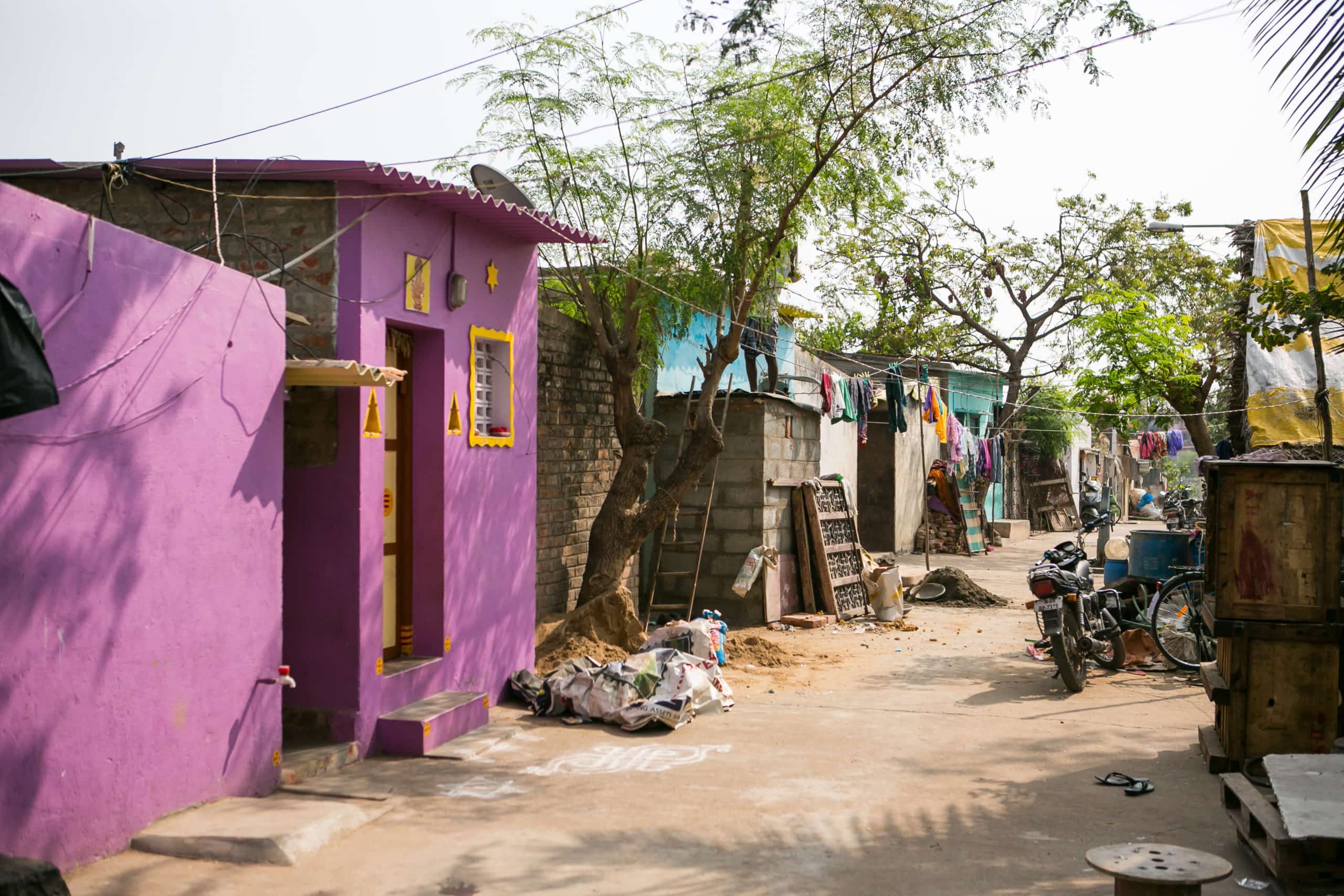Although fighting the pandemic is far from over, the conversation within Zoe Empowers has already shifted to questions about the future: What new challenges will the most vulnerable children be facing now and in the future?
After implementing a plan to support the children in the empowerment program who have been most impacted by Coronavirus and country-wide lockdowns (mostly first-year students), it is our responsibility to look to the areas we serve to determine how to prepare for what is to come.
In India alone, 390 million people are considered unorganized or migrant workers and therefore unable to receive government benefits. After weeks of traveling across states in search of work, these people are not only deprived and desperate to take any job offered to them, but factory owners interested in re-cooping their financial losses will look to hire labor as cheaply as possible.
History has shown that human trafficking rings target the most vulnerable. However, post-pandemic, the level of desperation will be significantly heightened on both sides of the coin: Traffickers want to make up for the lost time during the shutdown while vulnerable children and families who have been out of work are in desperate need for any means to survive.
Smooth-talking perpetrators are trained to find this fragile subset of the population and seduce them with the promise of an instant cash equivalent to more than what most Indians living in extreme poverty make in a year. Some parents may knowingly agree to sell their child into human trafficking, as the case with Sangeetha, while others genuinely believe it is the only option to give their child a better life.
Regardless, it is clear orphaned children and children in vulnerable families are especially in need of support post-pandemic. It is critical these children become aware of their human rights and stand up for themselves to avoid being lured or sold into trafficking or child labor. Empowerment can give them the tools to do so.
As we’ve shared in recent weeks, many Zoe children in their second and third years, as well as graduates, have reported their ability to maintain their livelihood and assist others in their community during Coronavirus.
In India, specifically, Zoe children who have obtained their legal documents (Identification card) during the program were eligible to receive government benefits to help sustain them through the lockdown. The display of resilience from the Zoe children in India has prompted local groups and vulnerable children, themselves, to approach our staff and ask for more groups.
Even in the most difficult of times, in the most volatile of economies, empowerment is the solution.
With your help, we can build more crisis resilient orphans and vulnerable children around the world. Partner with a half- or full-group today, and empower up to 100 children.
